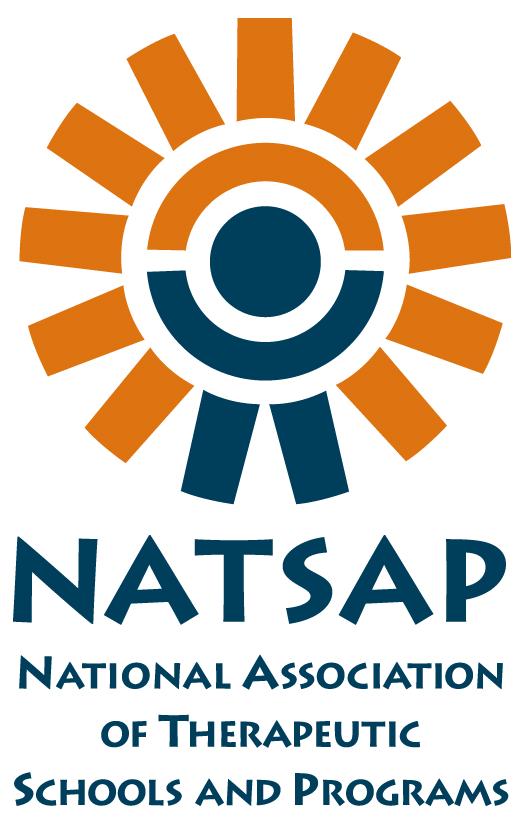Ah…teens, raging hormones, romantic relationships, girlfriends, boyfriends and break ups. It starts with attraction, dating, couples and then deeper relationships as teenagers get older. Older teens begin to develop more emotional relationships.
Teenagers that are adopted think about their birth parents. Sometimes it is subconscious and whether the adopted teen knows their birth parents or not, the question of who they are is there. That question of personal identity arises.
Sometimes if an adopted knows the behaviors of their birth parent they may copy them; such as: drinking, drugs or being sexually active. If they have experienced abuse or inconsistent relationships, they may have trouble trusting others. Mimicking birth parent behavior is a way for your adopted teen to identify with their birth parents.
Reasons adopted teens become sexually active:
- Identify with a birth parent known to exhibit this behavior
- Get rid of painful memories
- Fill a void
- To feel control over their body, especially if they were abused
Parenting an adopted teenager has its challenges. Here are some ideas of what you can do to help.
- Talk openly about sexuality
- Discuss your values on dating, sex and relationships
- Educate your adopted teen about abstinence and safe sex
- Express compassion for your adopted teenager’s birth parents’ situation
- Let your adopted teen know that they can make their own choices and do not have to follow the same path as their birth parents and continue to give as much positive information about their birth family’s history as you can
- Discuss your values regarding alcohol, drugs and other risky behaviors
- Explain to your adopted teen that they may be at a greater risk for alcohol or drug addiction if their birth parents had alcohol or substance abuse problems
Teenagers do better in an environment with consistent and clear boundaries and expectations. Parents that are flexible, compassionate, nurturing and provide guidance allow adopted teens to work through developmental issues and mature into adulthood.
RAD or Reactive Attachment Disorder is a lifelong issue and is a challenge. Developing loving and caring relationships is often difficult for adopted teenagers. Triumph Youth Services has experience working with teens with RAD, teaching appropriate social skills and rebuilding family relationships.
The staff and clinicians at Triumph Youth Services specialize in working with adolescents with Reactive Attachment Disorder (RAD) using Dialectical Behavior Therapy (DBT). The clinicians are licensed and approved as mental health professionals to provide individual, group and family therapy.
A strong attachment helps your adopted teenager feel safe as they enter the world.
Reference:
https://www.childwelfare.gov/pubs/factsheets/parent_teenager/parent_teenager.pdf








